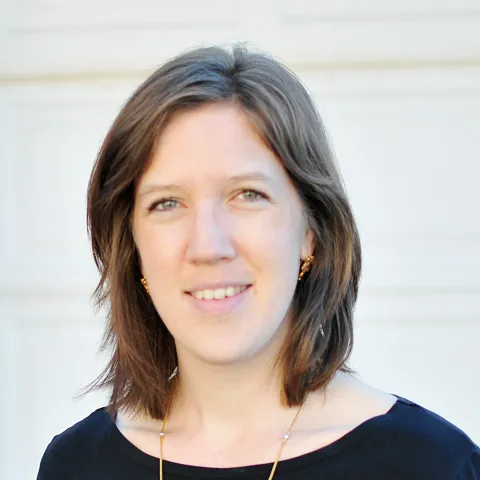For Roger Flynn, one of the most troublesome aspects of contracting COVID-19 was that he could not receive treatment from his longtime family doctor.
“It was getting harder and harder to breathe,” Flynn said. “It progressively got worse and worse and worse, and I called my family doctor, and she said you can’t come in - you’ve got to go get tested.”
Flynn, a retiree from Great Falls, South Carolina, had been suffering from a dry cough and a fever. He was accustomed to breathing difficulties due to having Chronic Obstructive Pulmonary Disease (COPD). He never smoked cigarettes, but his lungs were damaged from breathing in dust when he worked in a local textile mill. But this illness felt different, Flynn said he could tell something wasn’t right.
“I got tested and they called me back the next day; I was positive,” Flynn said. “The remote calling started that day and (the nurses) called me every day for two weeks.”
Flynn was monitored remotely by nurses located more than 150 miles away at the Medical University of South Carolina.
Eric Quinlivan, R.N., the outreach clinical coordinator for the Center for Telehealth at MUSC, said monitoring COVID-19 patients remotely provides immediate information to them about their diagnosis. It also relieves some of the burden off hospitals by keeping more patients at home.
“Most people are able to stay at home safely and those are the ones that we really focused on,” Quinlivan said.
During daily phone calls, remote patient monitoring nurses asked Flynn about his symptoms. He was instructed to use his nebulizer as often as he needed it and to take various over-the-counter medicines to help improve his symptoms. Flynn said that guidance meant a great deal to him.
In addition to providing medical advice, remote patient monitoring also gives COVID-19 patients an outlet, according to Quinlivan. He described remote patient monitoring as a “virtual bedside.”
“Some of these patients are home, live alone by themselves and have been basically isolated from the world. And just knowing that someone is going to check on them every few days has reduced their stress and anxiety,” Quinlivan said.
The remote patient monitoring nurses at MUSC have monitored more than 1,400 COVID-19 patients since the pandemic began, according to Cheryl Hamill, R.N., the telehealth remote patient monitoring coordinator at MUSC.
“A big part of what we hear from our patients is that they were just so grateful to get good information and to have someone who was available to actually listen,” Hamill said.
Flynn, who was physically alone through the duration of his illness, said there were times when he felt paranoid that his symptoms might worsen. His faith, he said, along with the nurses who called him, helped ease his mind.
“I couldn’t have been more pleased with the people who were calling me and staying in touch with me,” Flynn said. “I was glad to have that support, it meant the world to me.”


